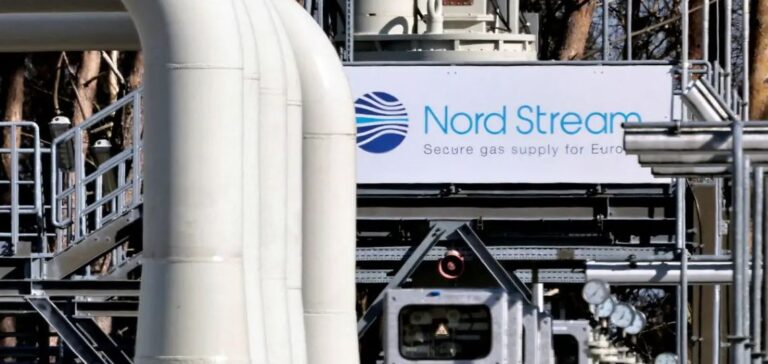German Chancellor Friedrich Merz stated that his government would do “everything” to prevent any activation of the Nord Stream 2 pipeline, which has been inactive since 2022. His statement comes as some political figures in Germany propose reconsidering the project as a diplomatic lever with Russia.
The Nord Stream 2 (NS2) pipeline, owned by Russian group Gazprom through the Swiss-based company Nord Stream 2 AG, was completed in 2021 but has never entered into operation. The pipelines, linking Russia to Germany via the Baltic Sea, have remained dormant since unexplained explosions in September 2022. Only one of the two NS2 lines remains intact and has never transported gas.
Regulatory blockade and political tensions
Friedrich Merz reiterated that “Nord Stream 2 currently has no operating permit, and that will not change.” He restated this position in Berlin alongside Ukrainian President Volodymyr Zelensky, stressing the aim of maintaining maximum pressure on Moscow amid the ongoing conflict in Ukraine.
Influential political figures, such as Saxony’s Minister-President Michael Kretschmer—who is part of Merz’s own conservative party—have recently suggested that restarting the pipeline could offer a strategic opening for renewed communication channels with the Kremlin.
Operator’s financial situation and legal proceedings
The operating company, Nord Stream 2 AG, avoided liquidation thanks to a court-approved settlement with its creditors. This agreement, validated by a Swiss tribunal, allows the company to continue operating under supervision. Creditors include major European energy companies such as Engie, OMV, Shell, Uniper, and Wintershall.
Despite this legal reprieve, the company remains technically and administratively unable to activate the infrastructure without authorisation from German regulators. Berlin’s explicit refusal to grant certification blocks any immediate prospects of the pipeline becoming operational.
Geopolitical factors and future uncertainty
Several media outlets have recently raised the possibility of reactivating NS2 in a scenario involving renewed diplomatic ties between Russia and a potential future U.S. administration led by Donald Trump. However, no official steps have been taken in that direction, and the situation remains highly speculative.
The Nord Stream 1 infrastructure, commissioned in 2011, was destroyed in 2022 and is now out of service. Any revival of NS2 would require not only a major political decision but also significant technical and legal investments in an increasingly tense international framework.






















